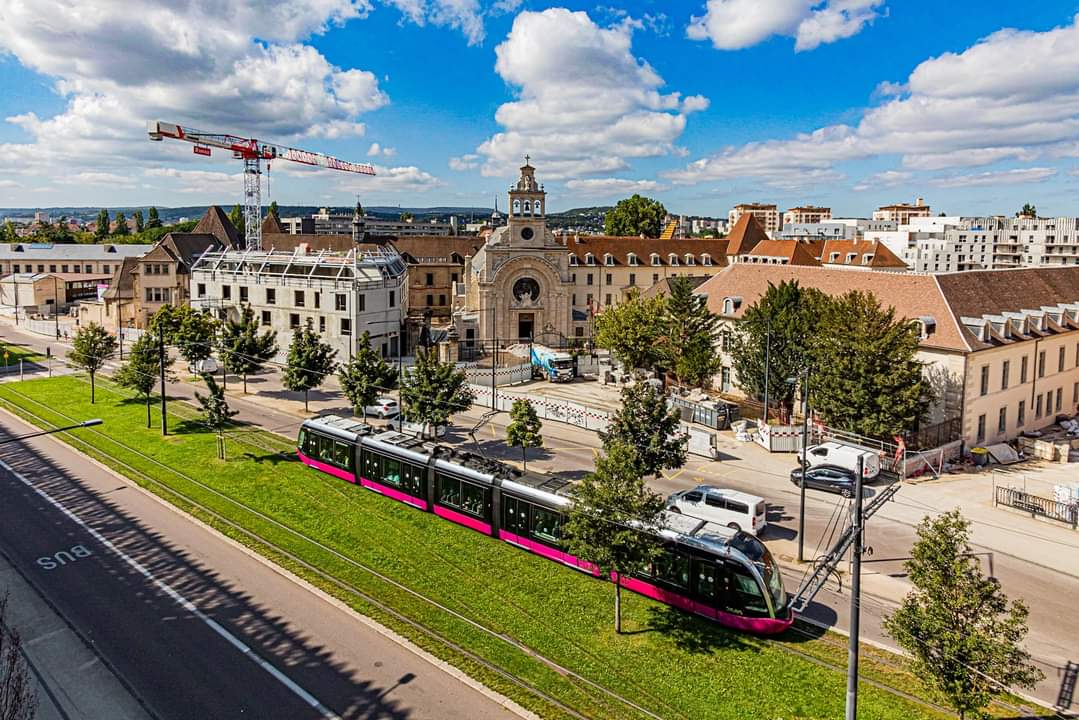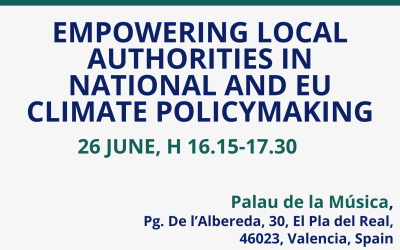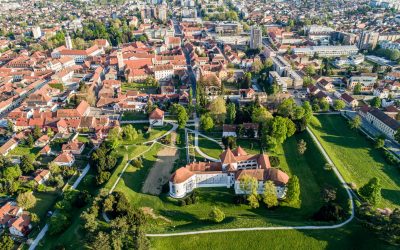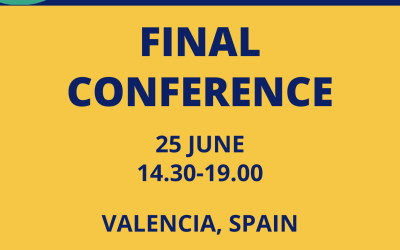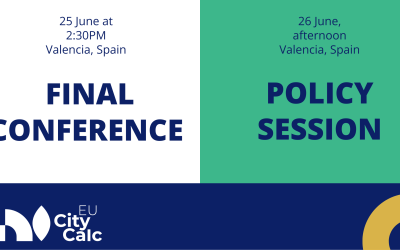Dijon’s sustainable journey to become a smart and decarbonized city
Dijon is a fine destination, appreciated for its rich culture and wine offer. Capital of the great region of Bourgogne-Franche-Comté, in the eastern central part of France, Dijon is committed to being a role model in the green transition. It has indeed already exceeded the -20% GHG emissions by 2020 target set in 2009 by the Covenant of Mayors (-23% in 2022).
This process has started a few years ago. In 2019, the municipality committed to reducing GHGs by 40% by 2030 and achieving carbon neutrality by 2050. Moreover, Dijon has been selected by the European Commission as pilot cities part of the NetZeroCities Programme.
The climate mitigation challenge must address all sectors by transforming infrastructures and uses, taking advantage of innovation and smart city tools to maintain fair conditions for all citizens and all stakeholders in the territory. Several innovative projects have been put in place to greener different sectors:
- Sustainable mobility through the deployment of V2G terminals and electric mobility;
- Production of green hydrogen;
- Local production of renewable energy, particularly stationary energy. Thanks to 43,000 photovoltaic panels, Dijon’s photovoltaic solar farm is the largest urban solar farm in France. In addition, the development of the district heating network will reduce CO2 emissions by 100,000 tonnes by 2035;
- Energy renovation of housing by 2030;
- The experimentation of two positive-energy blocks as part of the RESPONSE project, which will reduce greenhouse gas emissions by 75% in Fontaine d’Ouche, a low-income neighbourhood where all the buildings constructed in the late 1960s will be renovated by 2025. A second positive energy district will follow in the CHU-Université district, with the construction of exemplary new intelligent buildings and large-scale renovations;
- Waste management;
- Management of public lighting through the replacement of 93% of the city’s lighting installations with LEDs will generate energy savings of 65%;
- The food transition with the adoption of a sustainable food programme for 2030;
- Developing the Smart City.
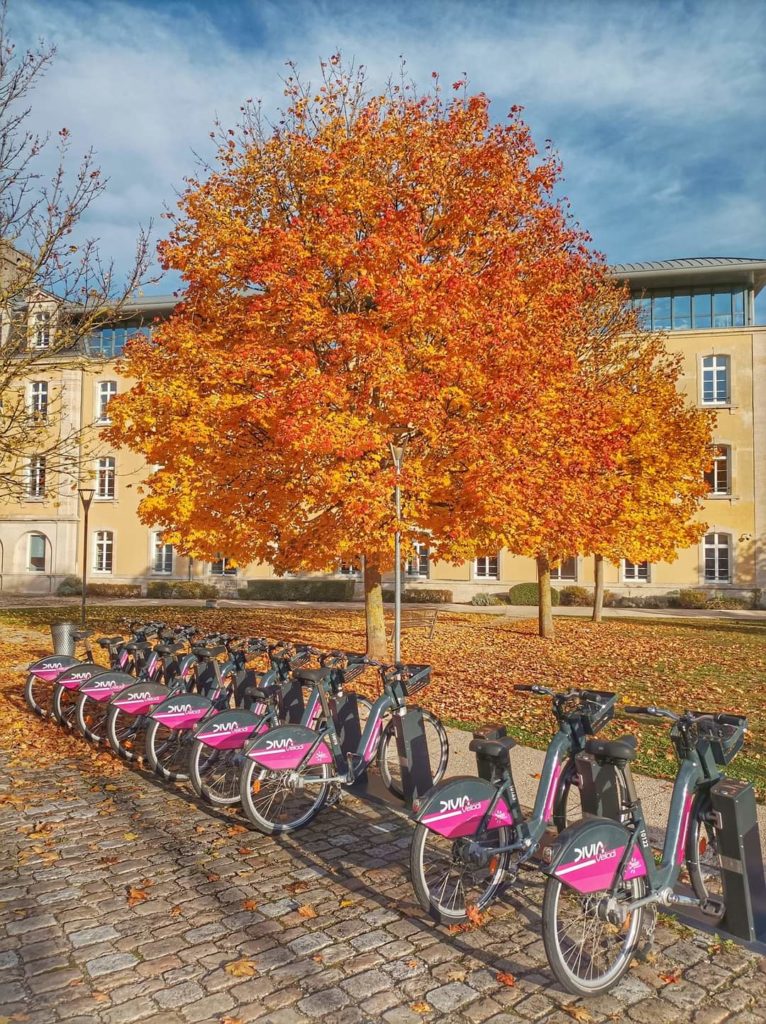
There’s no transition without citizens’ partecipation
Dijon Métropole’s Smart City is the result of a strong political ambition to rethink the urban model of the 21st century by enabling various stakeholders such as companies, local authorities, research institutes and start-ups to combine their respective skills to support the development of an innovative smart city model.
The municipality is indeed convinced that the transition needs to be built on 3 pillars of multi-stakeholder engagement: local partners, citizens, and the European level. This is why, in 2023, the local authority established a new transversal internal organisation totally dedicated to the climate transition.
Dijon has chosen to strengthen the existing system of neighbourhood workshops by mobilising new levers: creating new participatory bodies, opening up local authority projects to debate more systematically, involving young people and creating a continuous training programme for citizens. The number of residents involved in civic participation rose from 350 to over 3,700 between 2021 and 2022. The target for 2023 is to exceed 8,000 committed citizens.
From fostering dialogue at all levels to data collection and analysis: the benefits of EUCityCalc
EUCityCalc encourages communication between the local authority’s departments and local stakeholders by providing a common representation of the initial state of the territory, its objectives and available levers, and the need to accelerate actions. As part of this project, Dijon Métropole will be working with Atmo Bourgogne Franche-Comté to transmit and analyse energy, climate and air quality data.
Dijon Metropole is now updating its Territorial Climate-Air-Energy Plan (Climate Plan, equivalent to a “French SECAP”). To achieve this, having tools such as the European City Calculator that enable dialogue between departments and stakeholders is crucial for planning the energy transition. The webtool could be used also in successive updates of the Climate Plan up to 2030.
EUCityCalc contributes to presenting a shared vision of the Métropole’s objectives to get citizens on board. Moreover, the project provides an opportunity to compare Dijon’s strategies with other European cities. This is a good incentive for the area to challenge itself by mobilizing all of the local authority’s departments to provide a better service to its residents.
The European City Calculator will help long-term planning and the coordination of stakeholders around the objective of the territory’s decarbonization from a shared base.

